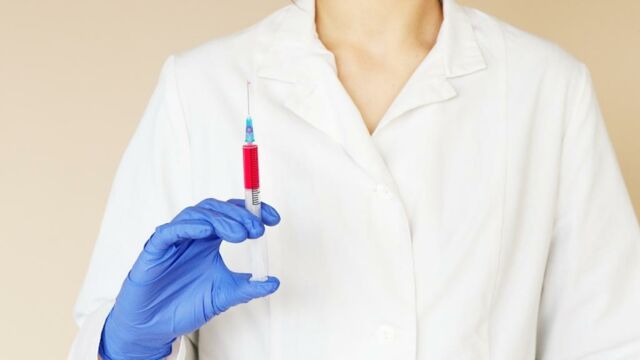Many countries who have been battling a resurgence of COVID cases have begun adopting a mix and match method to get their citizens fully vaccinated. The World Health Organisation (WHO) has now spoken out against the trend, specifically after Thailand announced its plan to vaccinate citizens with the Chinese-made vaccine, Sinovac, for the first jab and AstraZeneca for the second.
Discover our latest podcast
Not enough evidence
Thailand has been going through its largest COVID surge since the beginning of the pandemic with almost 7,000 new cases every day. That number is expected to increase in the following weeks and they're in a desperate attempt to get everyone vaccinated by mixing and matching jabs.According to WHO, there is not enough evidence to suggest that this is the right way to go. The WHO’s chief scientist, Dr. Soumya Swaminathan said during a Monday briefing:
It’s a little bit of a dangerous trend here. We are in a data-free, evidence-free zone as far as mix and match.
She added:
It will be a chaotic situation in countries if citizens start deciding when and who will be taking a second, a third and a fourth dose.
Mixing and matching jabs
Dr. Swaminathan explained that while it may be a good approach, studies are still ongoing and they only have data on the mixing of the AstraZeneca and Pfizer vaccine.
Last month, Canada also announced that their citizens would be jabbed with a combination of AstraZeneca and Pfizer for their two doses. Ahead of their decision to mix vaccines, the National Advisory Committee on Immunization declared that people who received the AstraZeneca vaccine for their first dose could in fact get Pfizer or Moderna for their second shot. Vice chair of the committee, Dr. Shelley Deeks said:
New evidence is starting to emerge suggesting immune responses are better when a first dose of the AstraZeneca vaccine is followed by an mRNA vaccine as a second dose.
Countries all over the world, including Spain and Germany have already been prescribing mix and match doses for the younger population. Following blood clots concerns, young people who have been jabbed with AstraZeneca for the first dose have been offered with either the Pfizer or Moderna vaccine for their second shot.















